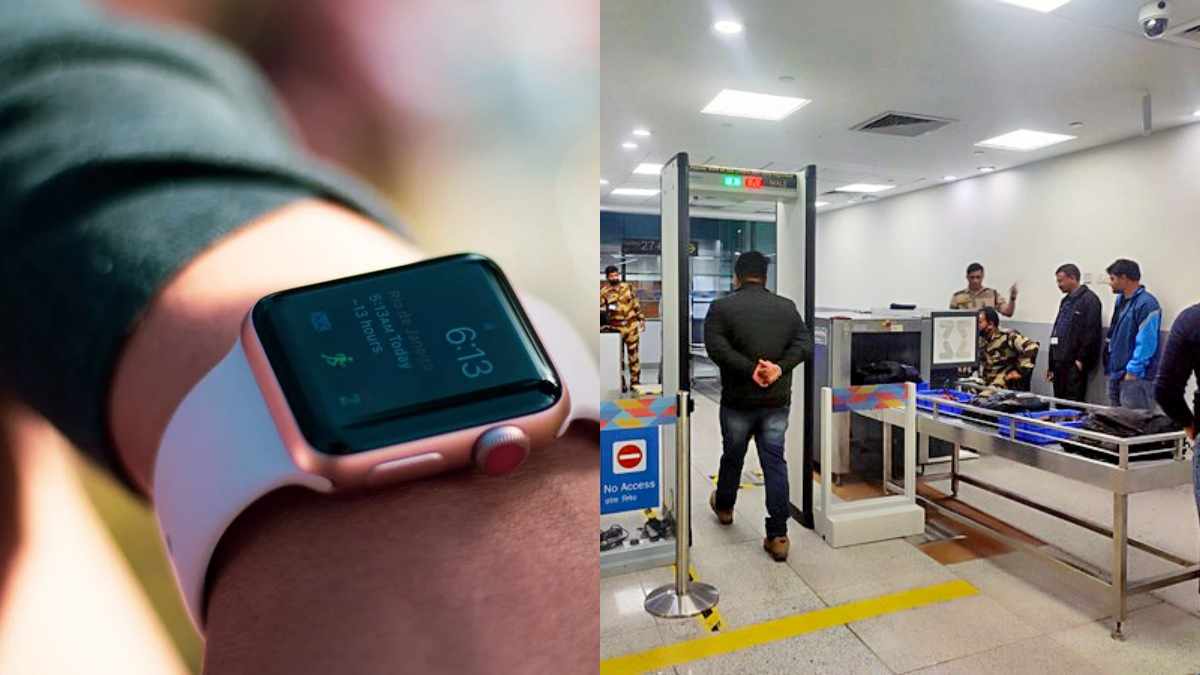 |
|
The recent incident at Delhi Airport's Terminal 3 involving the theft of an Apple Watch highlights a concerning security lapse and underscores the need for enhanced vigilance within airport facilities. Dr. Tushar Mehta's experience, while ultimately resolving in his favor, exposes vulnerabilities in the security protocols and the potential for opportunistic theft. The fact that the theft occurred immediately after a security checkpoint raises serious questions about the effectiveness of existing measures. Were there blind spots in the security camera coverage? Was the security personnel adequately trained to identify and prevent such incidents? These are crucial questions that require thorough investigation and prompt remediation. The incident also brings into sharp focus the role of airport staff, including those employed by concessionaires like the Titan Helios store. The seemingly uncooperative behavior of the Helios sales staff, and the subsequent questioning of Dr. Mehta by CISF officers, raise concerns about potential complicity or, at the very least, a lack of proactive engagement in assisting with security matters. A culture of accountability needs to be fostered, where all stakeholders are held responsible for ensuring a safe and secure environment for passengers.
Dr. Mehta's proactive response, while commendable, also highlights the limitations faced by ordinary citizens in such situations. He was forced to take matters into his own hands, resorting to what could be considered citizen's arrest, to recover his stolen property. While his actions resulted in the immediate retrieval of his watch, this method is not without risk. Confronting a potential thief can lead to escalated violence or injury. It is imperative that airport authorities review their security procedures to prevent such incidents in the future and to provide clear guidelines for passengers on how to report thefts and what actions to take in the event of such an occurrence. Clear signage, easily accessible help desks, and readily available security personnel should be a standard across all terminals. Furthermore, training for security personnel should include de-escalation techniques and clear protocols for handling theft reports and pursuing investigations. This should encompass cooperation with concessionaires and a clear understanding of the legal implications of citizen's arrests.
The Delhi Airport's swift response to Dr. Mehta's public account of the incident is a positive step. Their assurance that the matter is being taken seriously demonstrates a commitment to addressing the security concerns raised. However, a robust investigation is crucial to determine the full extent of the security failures and to hold those responsible accountable. This includes identifying any lapses in security protocols, reviewing the training and performance of CISF personnel, and ensuring appropriate action is taken against the thief and any complicit individuals. The investigation should also examine the role of the Helios store and its employees and determine whether their actions contributed to the situation. Transparency in the investigation and its findings is vital to restoring public confidence in the security of the airport. Regular reviews of security procedures and technologies, along with the implementation of advanced surveillance systems and enhanced training for staff, will contribute to a more secure environment for all passengers.
The incident at Delhi Airport serves as a wake-up call for all airports globally. It underscores the importance of proactively implementing robust security measures, training staff adequately, and fostering a culture of accountability. While individual vigilance remains important, relying solely on passengers to protect their belongings is not a sustainable or effective approach. The responsibility for ensuring the safety and security of passengers lies with airport authorities. This necessitates not only technological improvements but also a cultural shift towards a more pro-active and responsive security approach. The incident should serve as a case study for improving airport security globally, ensuring that such incidents become less frequent and the rights and safety of passengers are adequately protected. Regular audits, public reporting of security incidents and their resolutions, and mechanisms for passenger feedback are all vital in establishing a robust and transparent security framework.
